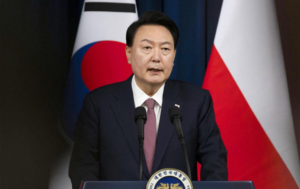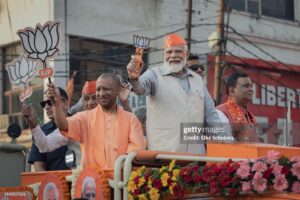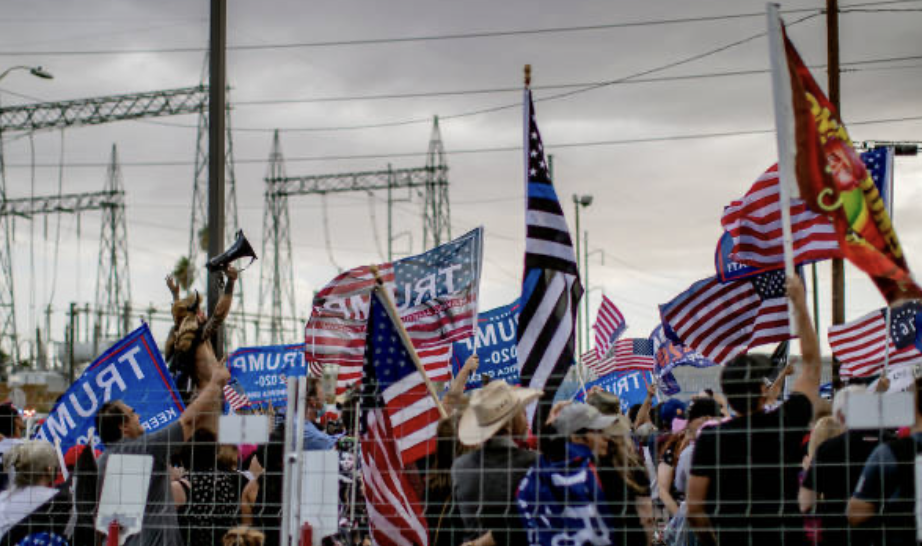The Deep state refers to a secret network of influential figures within the government, military, and other institutions that allegedly operate independently of elected officials. This concept gained attention, especially with claims of an assassination attempt on former President Trump. Proponents argue that the Deep state involves bureaucrats and intelligence operatives manipulating policy for self-interest, while critics view it as a convenient excuse for political failures and an attack on democratic institutions.
During his presidency, Donald Trump frequently invoked the concept of the Deep state, particularly when discussing opposition from within the intelligence community and other government agencies.
Allegations of an assassination attempt
In 2020, there were allegations of a plot to assassinate Trump. These claims have sparked speculation about the involvement of the deep state, suggesting that some people within the government may have wanted to weaken its authority or even remove it from power. Although no concrete evidence has been provided, they reflect a growing narrative among Trump supporters that he was the victim of systemic betrayal.
The increasing division in American politics has heightened concerns about political violence, with some fearing that government officials might take extreme actions to safeguard their own power. The narrative of an assassination attempt fits within broader conspiracy theories, which claim that a so-called Deep state will go to any lengths to maintain its dominance and control.
Implications for American democracy
The relationship between the Deep state and allegations of an assassination attempt against Trump raises critical questions about the integrity of democratic institutions and the rule of law. The Deep state narrative, intertwined with these serious allegations, contributes to an erosion of trust in government, fostering a growing mistrust of governmental institutions that undermines public confidence in democracy.
As individuals perceive threats from within their own government, it can lead to increased political extremism and violent rhetoric, further polarizing the political landscape. Additionally, the emphasis on the existence of a deep state risks legitimizing conspiracy theories, blurring the lines between legitimate critiques of governmental practices and unfounded claims. This widespread belief could significantly hinder effective governance, resulting in a paralysis of political action and a further decline in the efficacy of democratic processes.
The Deep state narrative and allegations of an assassination attempt on Donald Trump reveal a broader struggle for power in American democracy. While often viewed as hidden, political institutions are complex. Addressing these challenges requires fostering open dialogue and accountability, as a strong democracy depends on public trust while remaining vigilant against polarization and conspiracy thinking.










